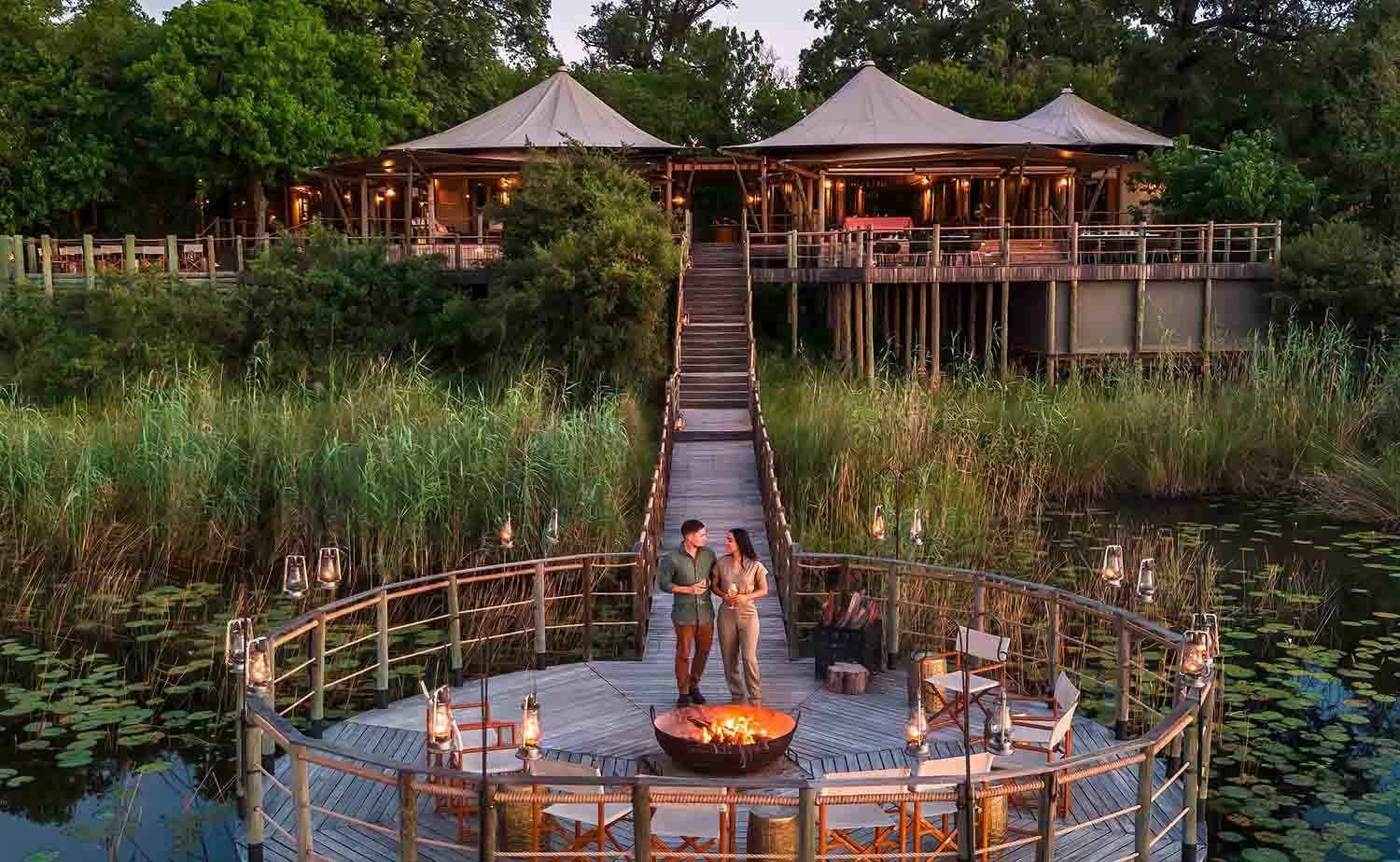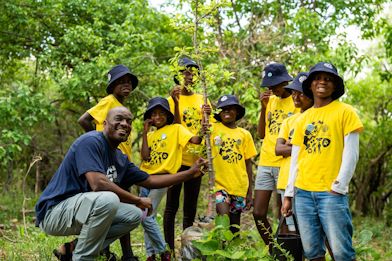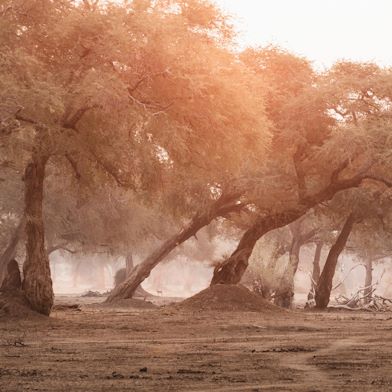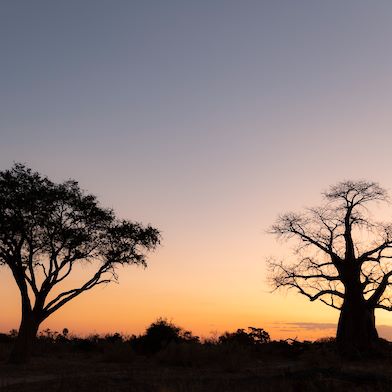Raising Environmental Awareness and How We Play Our Part
Due to the imbalances inflicted upon the natural world, people face threats from various diseases, natural disasters, increased temperatures, and global warming. We must protect nature for the well-being of future generations. We need to raise awareness among people all over the world about the importance of saving resources and the consequences of their destruction. To keep balance in the world, we must also help various species to survive. A report from the global conservation organisation, the World Wildlife Fund, suggests that since 1970, the pressure that we exert on the planet has doubled and the resources upon which we depend have declined by a third. More than 37,400 species are threatened with extinction today – up from around 31,000 species a mere year ago.
As a company, Wilderness helps conserve some 6 million acres of African wild land, a responsibility we do not take lightly. This footprint is also representative of some of Africa’s most fragile and sensitive ecosystems, such as the lush Afromontane Forest of the Albertine Rift, the moist Central Zambezian Miombo Woodlands of Central Africa, and the arid Namib Desert in the south-western corner of the continent. Biodiversity conservation has thus always been a key priority for Wilderness. The environment is at the heart of everything we do but we strive to continually do better. Some recent examples of this include taking our safari camp rebuilds to the next level in terms of minimising their operating footprint.

The recently rebuilt third-generation Wilderness DumaTau in Botswana sets a new environmental benchmark for Wilderness in this regard. It is also simply no longer enough to conserve existing habitat only. We need to also reclaim degraded habitats that are less conserved, particularly where they can fulfil vital conservation corridors for wildlife. Our latest project in Rwanda centres on the expansion and reforestation of Gishwati-Mukura National Park. This will aid in restoring vital habitat for chimpanzees, other forest mammals, plants and birds. It is projects like these that we are most excited about and can do through channelling precious tourism revenue from our hospitality branch into these initiatives.








